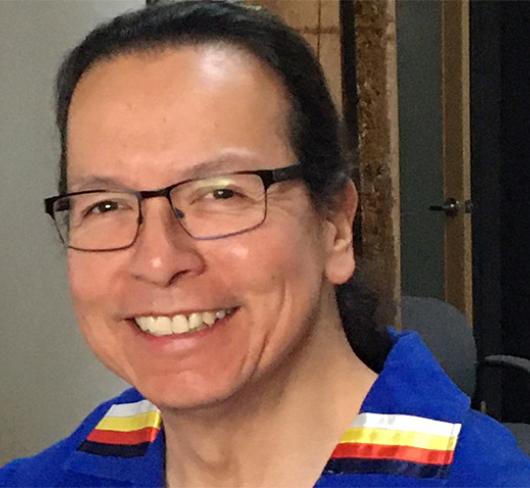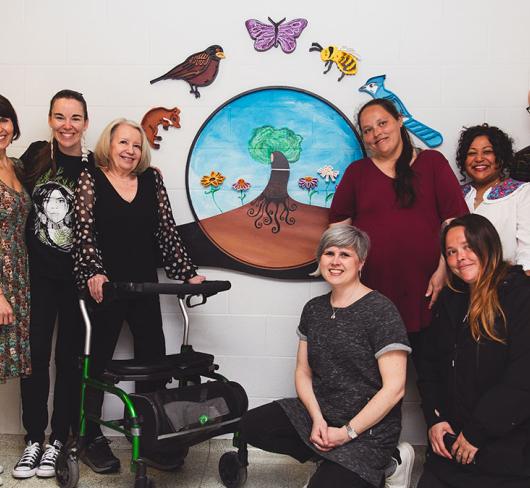
Three Voices on Teaching About Environmental Racism
The ETFO podcast Elementary: A Podcast from the Elementary Teachers’ Federation of Ontario is going strong. In episode six, Elementary talked about teaching using an ETFO resource called Environmentally and Socially Active Communities (ESAC), which provides lessons on environmental racism, allyship and community involvement.
The guests on the podcast are Sarah Lowes, an environmental educator who worked to bring the curriculum resource together, Jacqueline L. Scott, a Black writer and outdoor educator who writes on racism and access to outdoor recreation, and JoAnne Formanek Gustafson, who has written about Grassy Narrows for Voice. She is Anishinaabe from Couchiching First Nation and brought her Indigenous perspective to the ESAC.
You can listen to the full podcast episode at Elementary: A Podcast from ETFO on most podcast apps or etfo.ca. The excerpt below has been edited and condensed.
ELEMENTARY: What is important for educators to consider when they teach this curriculum?
JACQUELINE: So much of the outdoor education curriculum is based on plant a seed in your backyard, go put up a bird feeder in your backyard, go and collect leaves from your backyard. Well, if you’re Black, in Toronto, if you’re Indigenous in the city, if you’re a person of colour in the city, you are most likely to live in apartments. And then it begs the question, “Well, why don’t you have access to a backyard?” Who gets the backyard? And who doesn’t?
ELEMENTARY: Can you talk a bit about the goal of the curriculum in educating students on environmental racism?
SARAH: We had three main goals that we were trying to use to develop this curriculum. The first one was to educate communities about the impacts of environmental racism, specifically in Ontario. And then we wanted to connect communities and build partnerships, because we believe that building relationships is a fundamental cornerstone of changing our communities and moving forward. The last goal was about igniting those communities to take action.
JOANNE: I think for kids who are experiencing different barriers due to systemic racism, we’re helping them recognize those things in their lives and hopefully that’s empowering for them too.
JACQUELINE: It’s also important for students to see people who look like them in nature spaces, in the environmental justice movement, in the climate crisis movement. When you Google, Instagram, or TikTok those activities as a Black student, what you see is mostly white faces. It’s very easy for students to assume, “oh that’s got nothing to do with me, that’s a white people’s issue.” We’re not included and yet we’re often carrying the heaviest burden.
ELEMENTARY: Is there any advice you’d pass on to teachers and education workers who are using this resource?
JACQUELINE: Talk about race. As Canadians, we don’t like to talk about messy topics. Race is messy. We need to get used to it. Race shapes everything, including the environment and the climate crisis.
JOANNE: What I hope educators and students take away from this is “question everything.” We all need to be advocates. Some will pay the price sooner than others, but sooner or later we’ll all pay the price.
SARAH: Advice I have for any teachers using this resource – don’t do it alone. The more you can take a colleague along with you, the more critical conversations you’ll have. Together you can practice some of the skills we want the adults to get out of this resource.
Meagan Perry is a member of the ETFO executive staff.

